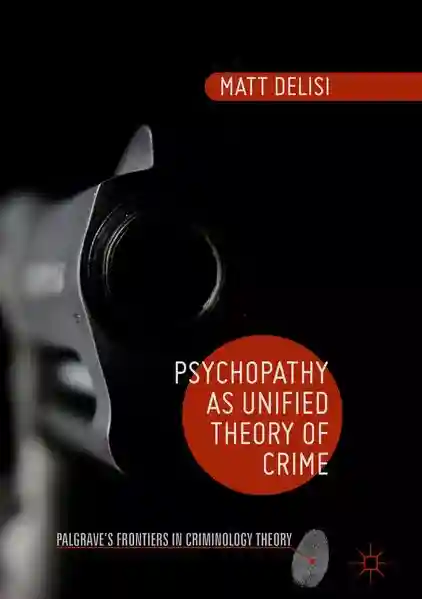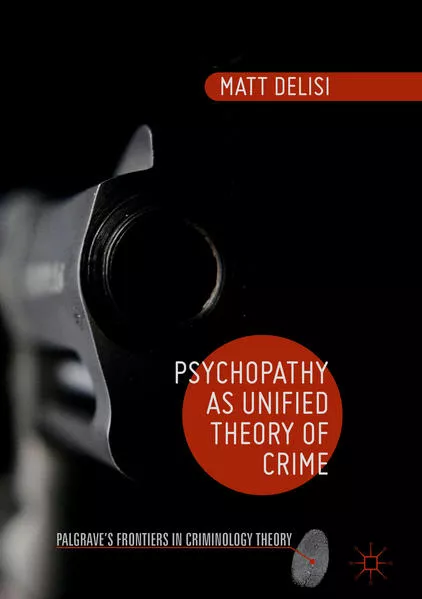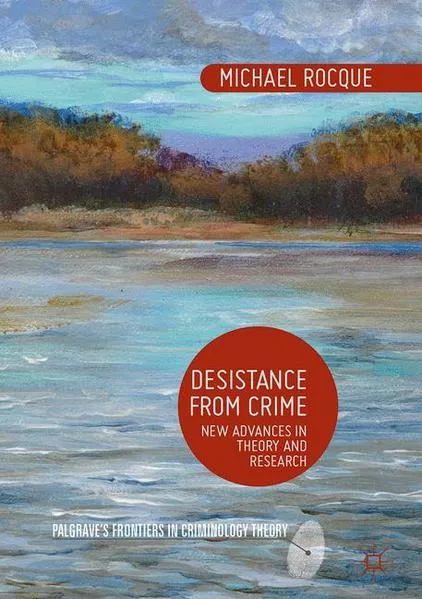Chronologie aller Bände (1 - 2)

Die Reihenfolge beginnt mit dem Buch "Psychopathy as Unified Theory of Crime". Wer alle Bücher der Reihe nach lesen möchte, sollte mit diesem Band von Matt DeLisi beginnen. Der zweite Teil der Reihe "Desistance from Crime" ist am 25.04.2017 erschienen. Mit insgesamt 2 Bänden wurde die Reihe über einen Zeitraum von ungefähr 5 Jahren fortgesetzt. Der neueste Band trägt den Titel "Psychopathy as Unified Theory of Crime".
- Anzahl der Bewertungen für die gesamte Reihe: 6
- Ø Bewertung der Reihe: 3.37
- Start der Reihe: 16.09.2016
- Neueste Folge: 22.09.2021
Diese Reihenfolge enthält 2 unterschiedliche Autoren.
- Autor: DeLisi, Matt
- Anzahl Bewertungen: 1
- Ø Bewertung: 3.0
- Medium: Buch
- Veröffentlicht: 16.09.2016
- Genre: Krimi
Psychopathy as Unified Theory of Crime
This book applies the psychopathy concept toward the understanding of crime. Drawing on hundreds of studies and his own clinical, research, and practitioner experience working with the most antisocial and violent offenders, the author demonstrates that psychopathy can explain all forms of crime across the life course, and also examines the biosocial foundations of the disorder. With an abundance of case studies and historical references, written in a distinctive writing style, the book is equally fascinating to the academic scholar and the true crime buff alike.
- Autor: Rocque, Michael
- Anzahl Bewertungen: 4
- Ø Bewertung: 4.1
- Medium: Buch
- Veröffentlicht: 25.04.2017
- Genre: Krimi
Desistance from Crime
This book represents a brief treatise on the theory and research behind the concept of desistance from crime. This ever-growing field has become increasingly relevant as questions of serious issues regarding sentencing, probation and the penal system continue to go unanswered. Rocque covers the history of research on desistance from crime and provides a discussion of research and theories on the topic before looking towards the future of the application of desistance to policy.
The focus of the volume is to provide an overview of the practical and theoretical developments to better understand desistance. In addition, a multidisciplinary, integrative theoretical perspective is presented, ensuring that it will be of particular interest for students and scholars of criminology and the criminal justice system.
The focus of the volume is to provide an overview of the practical and theoretical developments to better understand desistance. In addition, a multidisciplinary, integrative theoretical perspective is presented, ensuring that it will be of particular interest for students and scholars of criminology and the criminal justice system.

